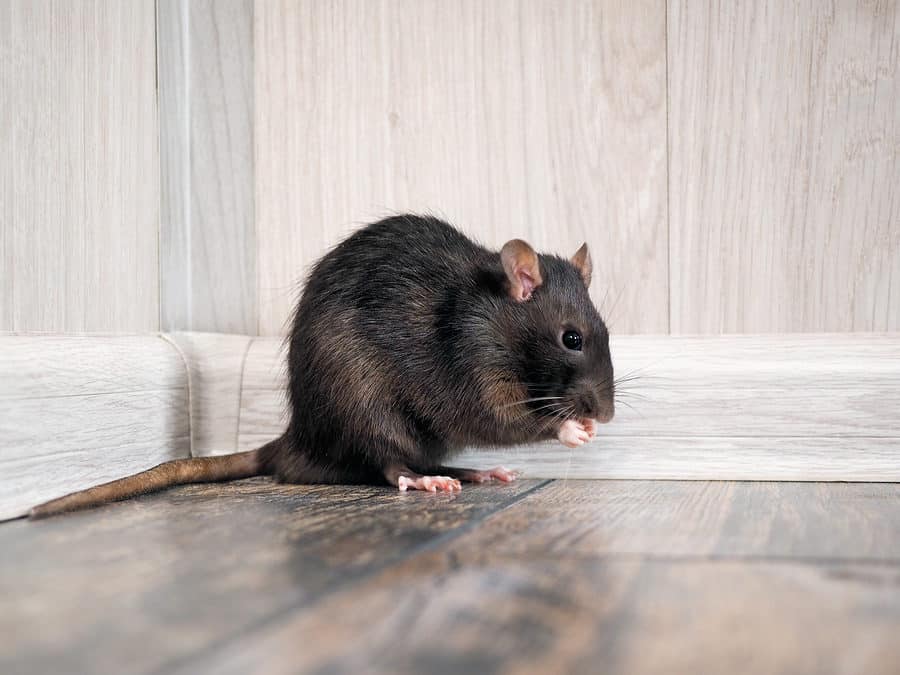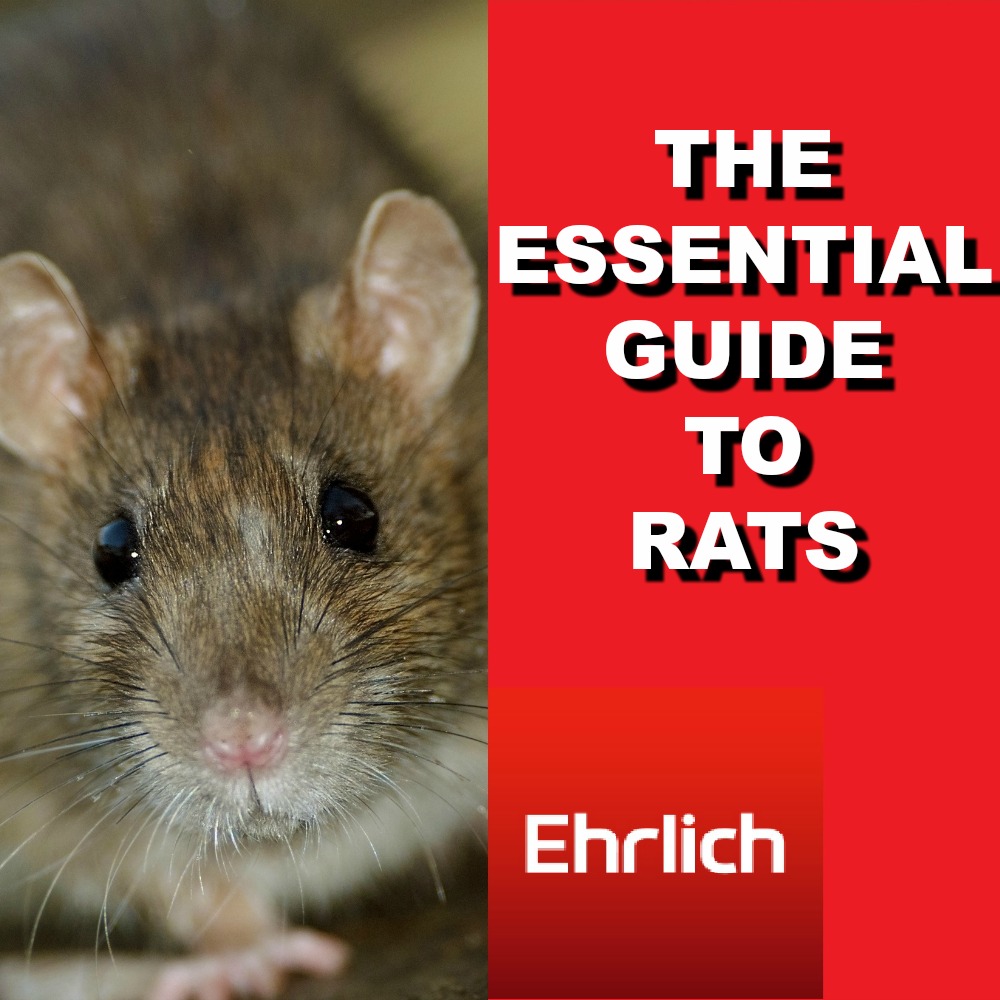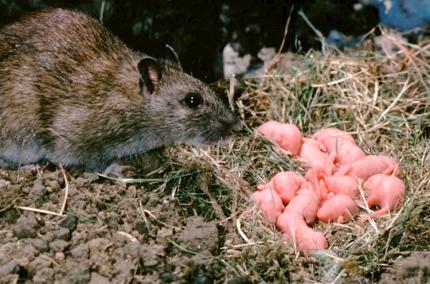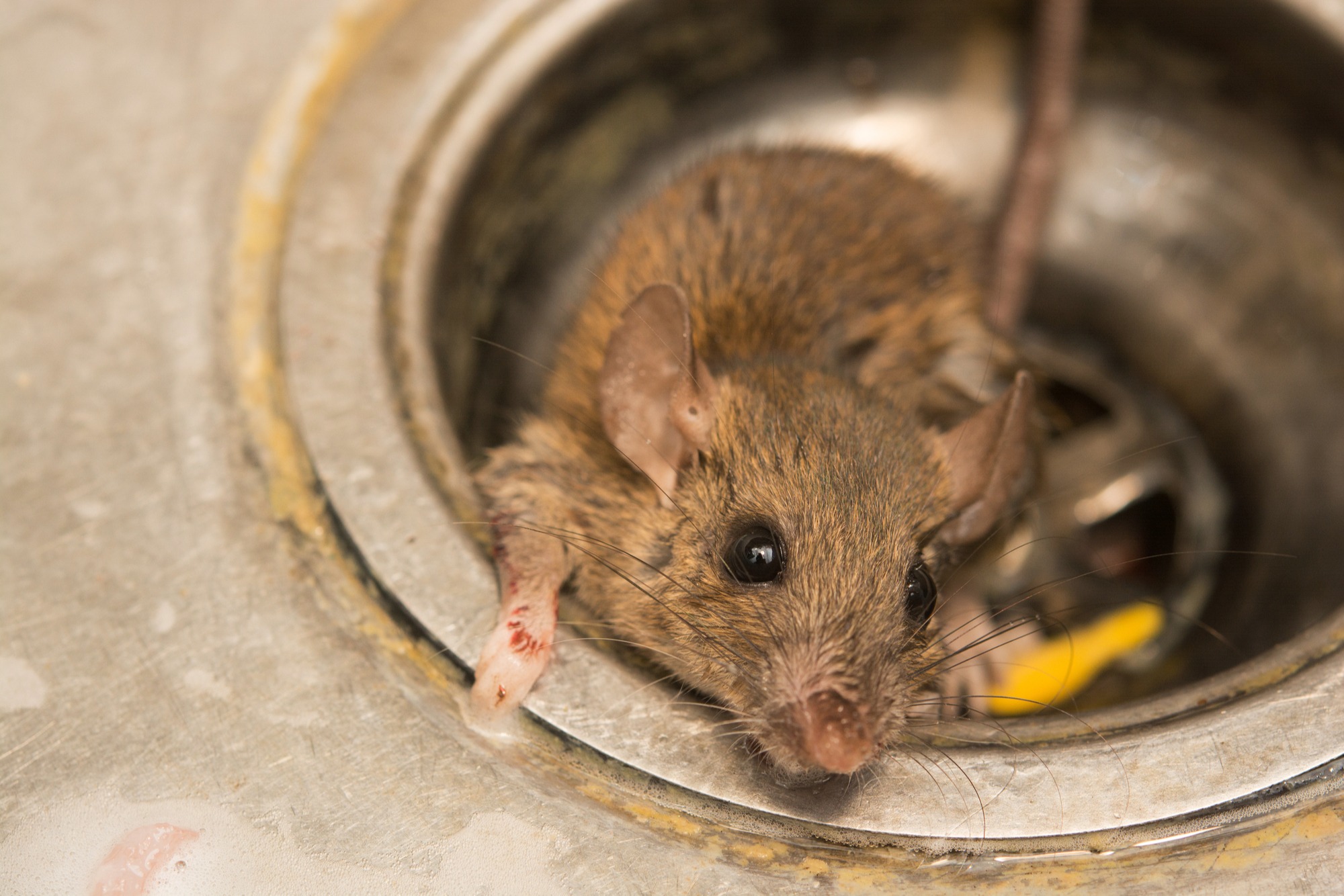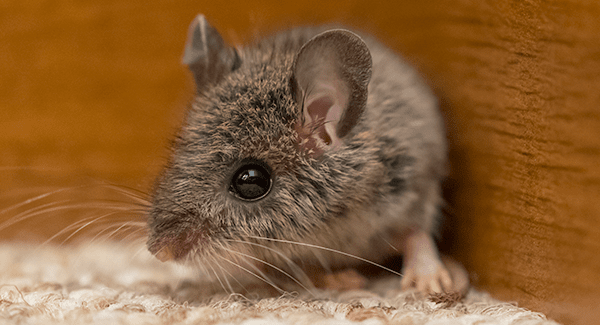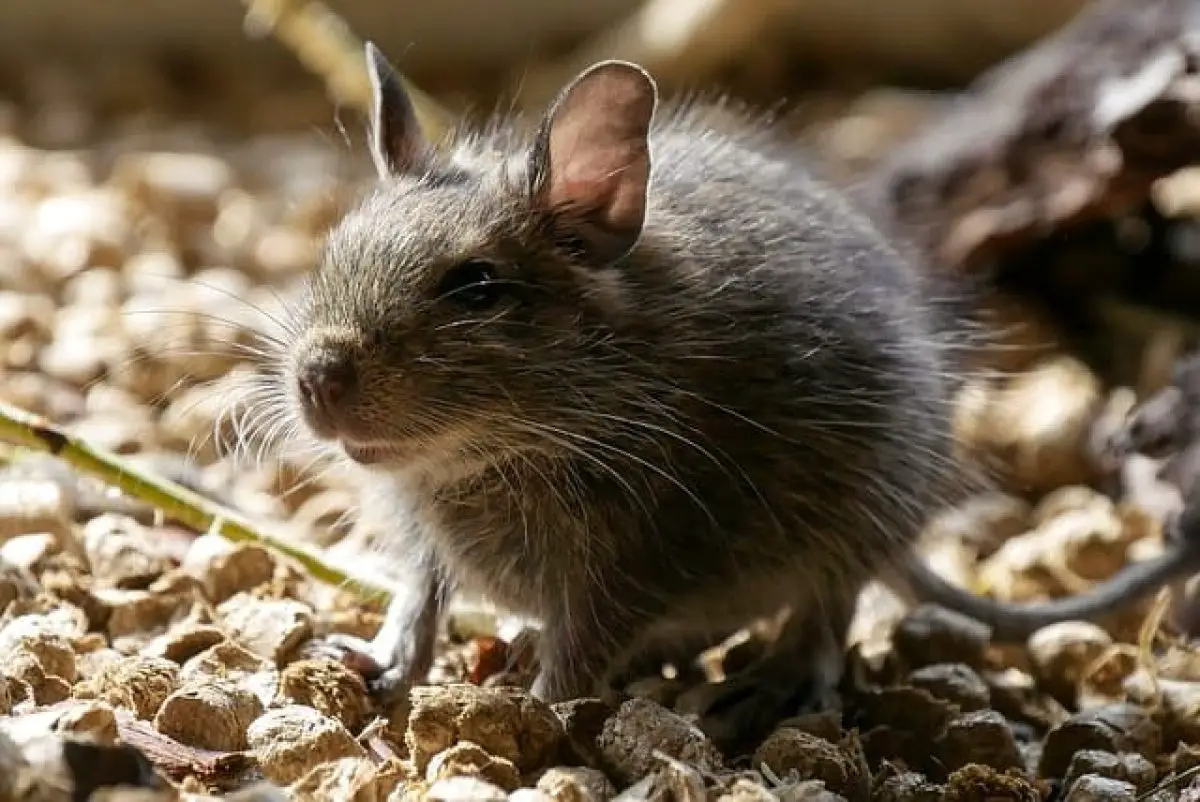Do Rats Leave Your Attic Everyday
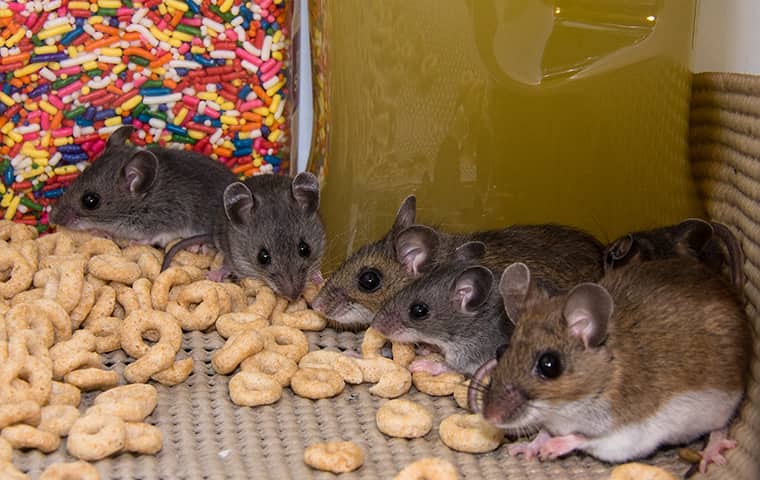
Where they die becomes the problem.
Do rats leave your attic everyday. The reason it s common to find rats in the attic is because of a particular breed of rat called the roof rat or black. Rat poison seems like the easy solution to a rat invasion. Roof soffits and vents are other clever ways for rats to come into your house. Here are the 11 steps to get rid of rats in the attic.
Rats are nocturnal creatures and don t leave the attic during the day. Rat droppings are much larger and thicker averaging 3 8 inch while mouse droppings are quite a bit smaller than grains of rice. You hear the scratching rodents in your attic at night correct. After the rats are gone many experts recommend taking extra measures to clean up around your property and inside the attic so other rats won t be attracted to the scent of the rats that used to live there.
In fact they sleep in the attic all day and become active during the night. Rats are nocturnal which means they sleep during the day and wake up to freak you out at bedtime. Do rats leave the attic during the day. Also they can climb trees making this a common way for them to access your attic cox says.
A rat can die inside your walls and slowly decay leaving an intense odor for months. So you might assume that the rats are entering your attic at night. Do an inspection of the attic to verify the species. Never use rat poison in your attic.
Rat poisons are best used outdoors and only with a rat bait station. Rats often look for food when others are sleeping. The noises you hear in your attic may be rats hunting around for food or extra bedding. No they sleep in the attic all day.
That is not the case. Inspect your attic to verify the rats and the level of infestation and areas of high activity. And do rats leave the attic during the day. After sleeping 15 hours during the day rats will be very active as soon as they wake up because they will want to head off to get some food.
Blocks of rat poison. If you put out poison rats will indeed die. They leave their nests in search of food and water during the night.






